As global sustainability demands accelerate, procurement managers are under increasing pressure to source high-performance, traceable, and truly sustainable materials. Post-Consumer Recycled (PCR) plastics have emerged as a cornerstone of the circular economy — but not all PCR suppliers deliver the same level of quality, transparency, or environmental impact.
At Ningbo Topcentral New Material Co., Ltd., we’ve been at the forefront of green, low-carbon functional materials for over a decade. As the innovator behind the Topcircle® brand — including PCR PC®, IBISS® rABS, TC-Rester® rPET, and Nairong® rPA6/66 — we understand what it takes to deliver certified, high-performance recycled materials that meet both technical and ESG requirements.
To help procurement professionals make smarter, more responsible sourcing decisions, here are the Top 5 Questions Every Procurement Manager Should Ask a PCR Supplier — with expert insights grounded in real-world experience, innovation, and verified sustainability impact.
Why This Matters: Many suppliers claim “recycled content,” but not all of it comes from post-consumer waste. Some blends include post-industrial (PIR) or pre-consumer scrap, which doesn’t contribute to closing the loop in the circular economy.
What to Ask:
“Can you provide a breakdown of post-consumer vs. post-industrial content in your PCR resin? Do you have third-party certification to verify this?”
At Topcentral, our PCR PC® is made from 100% post-consumer PC water barrels — a challenging but high-value waste stream. We go beyond claims with digital traceability systems and mass balance certification to ensure every batch contains verifiable post-consumer input.
We were recently nominated for the 2025 Sedex Supply Chain Award for Environmental Contribution for our work in ocean-bound and post-consumer plastic recycling, a testament to our commitment to transparency and authenticity.
✅ Look for:
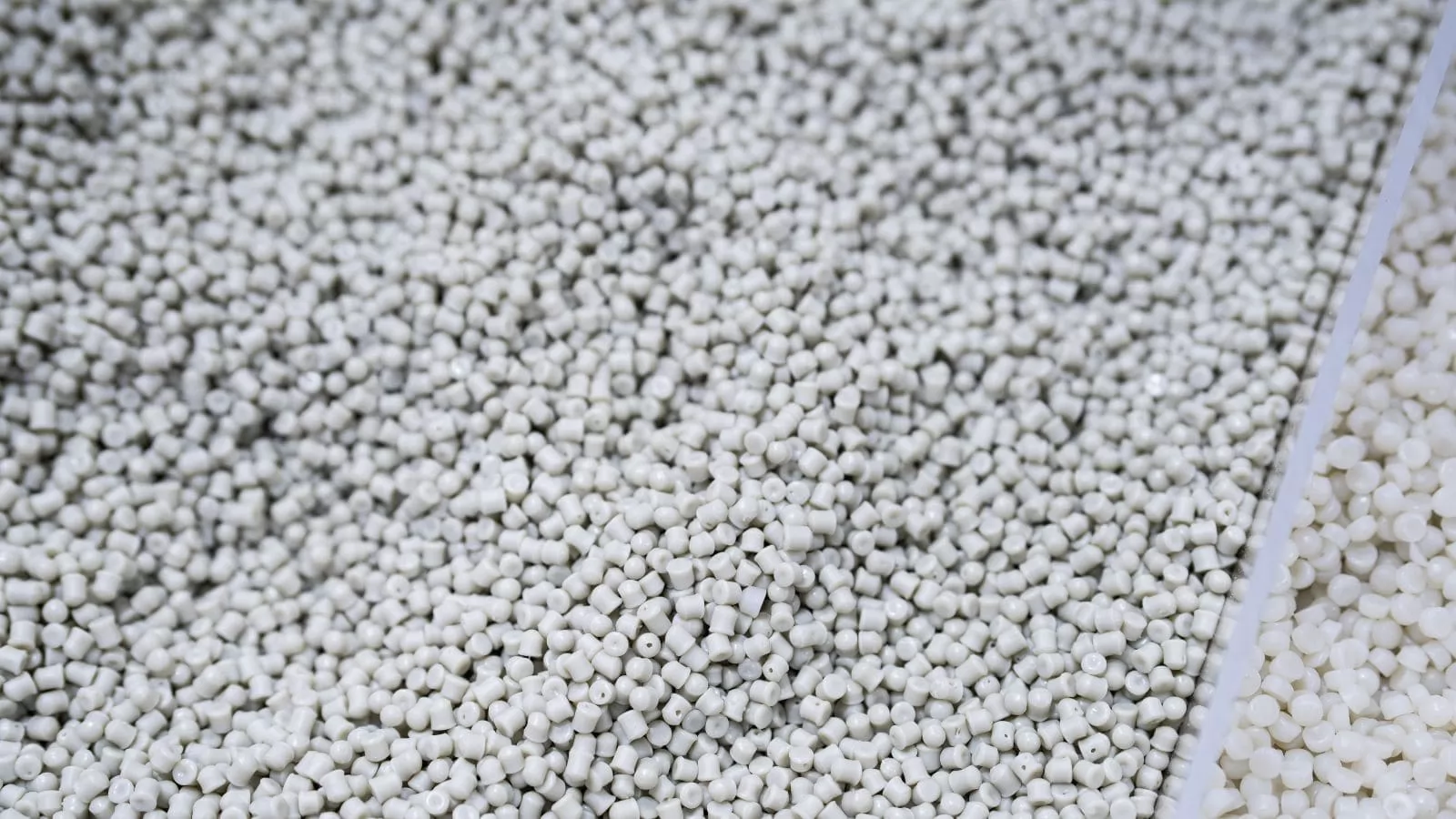
Why This Matters: Recycled plastics often face skepticism due to concerns about color variation, melt flow instability, or mechanical property degradation. For applications in electronics, automotive, or consumer goods, consistency is non-negotiable.
What to Ask:
“What quality control processes do you have in place? Can you provide mechanical data sheets and lot-to-lot consistency reports?”
We operate a fully integrated R&D and manufacturing ecosystem, allowing us to control every step — from collection and sorting to washing, extrusion, and compounding.
Our Black High-Flow PBT for Electrical Applications and Natural Nylon66 Resin for Injection and Spinning undergo rigorous QC testing, including:
Our engineering-grade rPET (TC-Rester®) and rPA66 (Nairong®) meet automotive and electronics industry standards, proving that recycled doesn’t mean compromised.
✅ Look for:
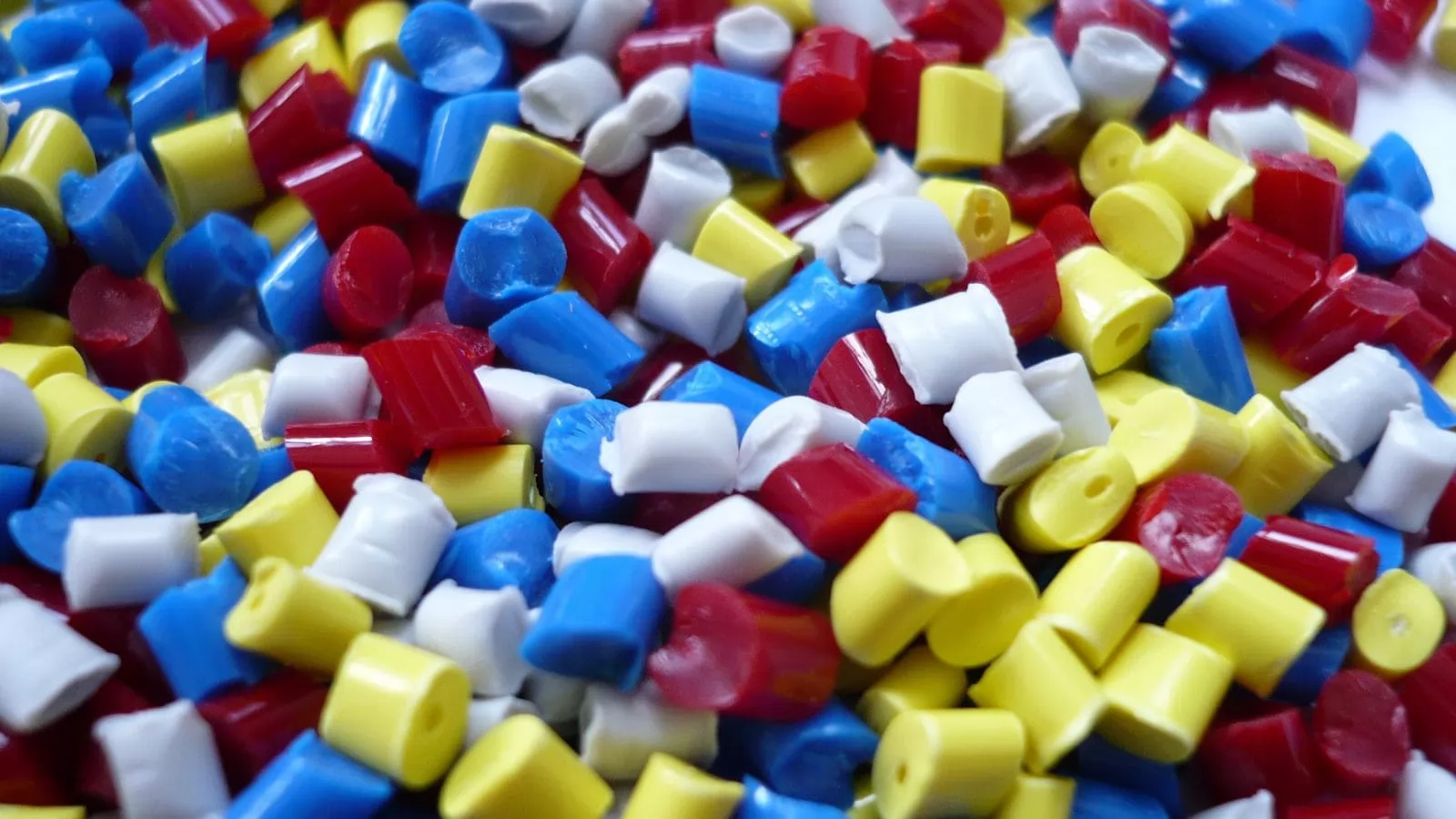
Why This Matters: ESG reporting, carbon accounting, and customer audits require full visibility into material origins. Without traceability, your sustainability claims risk being labeled as “greenwashing.”
What to Ask:
“Can you trace your PCR material back to the source? Do you use digital tools or blockchain for verification?”
We pioneered a digital traceability platform that tracks PC water barrels from collection points in Asia to final PCR PC® pellets. Each shipment comes with a Digital Product Passport (DPP) that includes:
Our case study: “From Water Bucket to Luggage” demonstrates how we transformed discarded water containers into premium suitcases for a global brand — with full digital transparency and 91.8% lower carbon emissions.
This level of traceability helped us build trusted partnerships with Fortune 500 brands in electronics, packaging, and consumer goods.
✅ Look for:
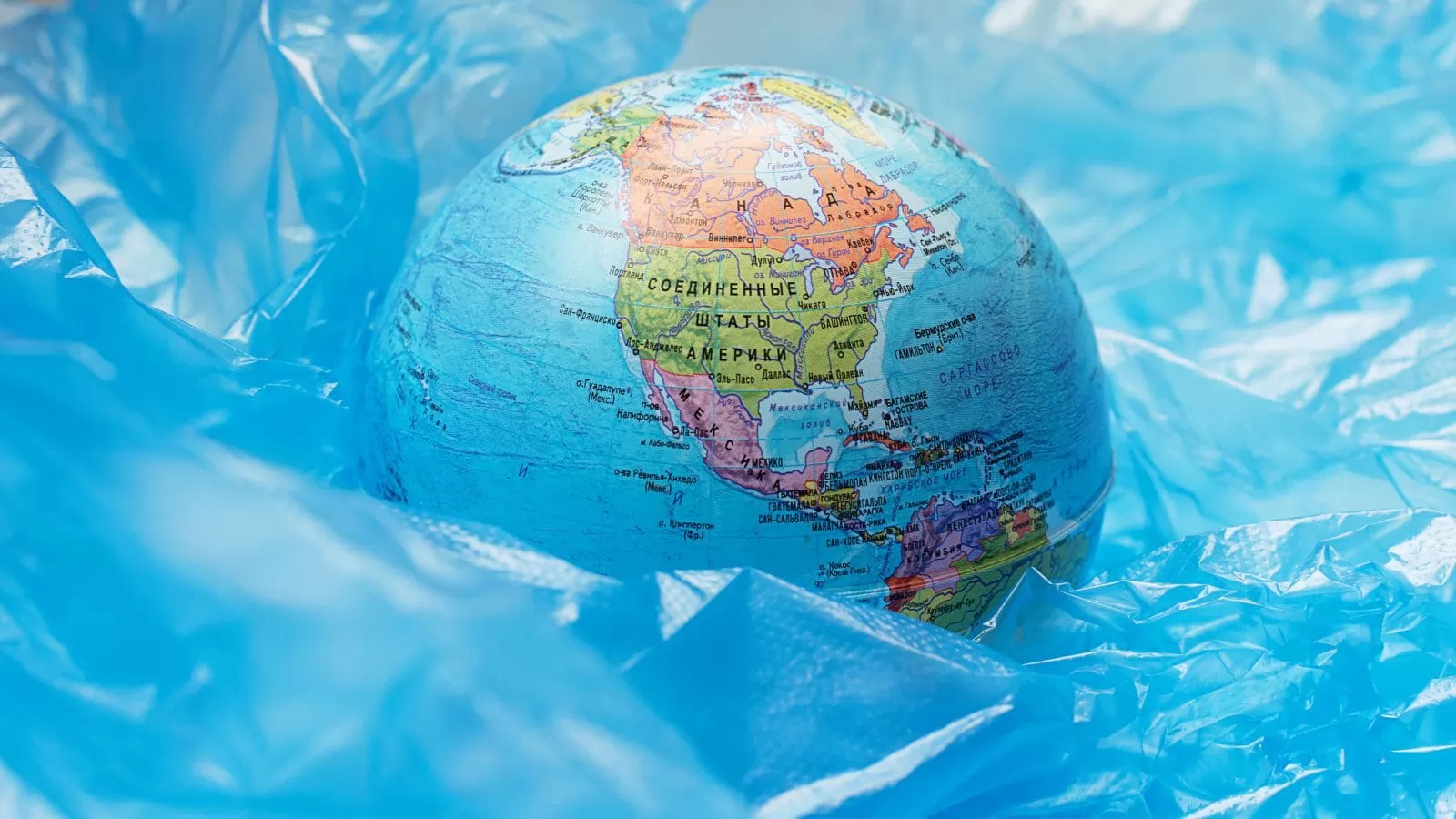
Why This Matters: Not all recycling is equal. Poorly managed logistics, energy-intensive processing, or low recycling yields can diminish the carbon benefits of PCR materials.
What to Ask:
“Can you provide a Life Cycle Assessment (LCA) or Product Carbon Footprint (PCF) report for your material?”
We’ve conducted third-party verified LCAs on our key products. For example:
These reductions are not estimates — they’re measured, verified, and reported in alignment with ISO 14067 standards.
We also integrate renewable energy in our production facilities and are working toward net-zero operations by 2030, in line with our ESG roadmap.
✅ Look for:
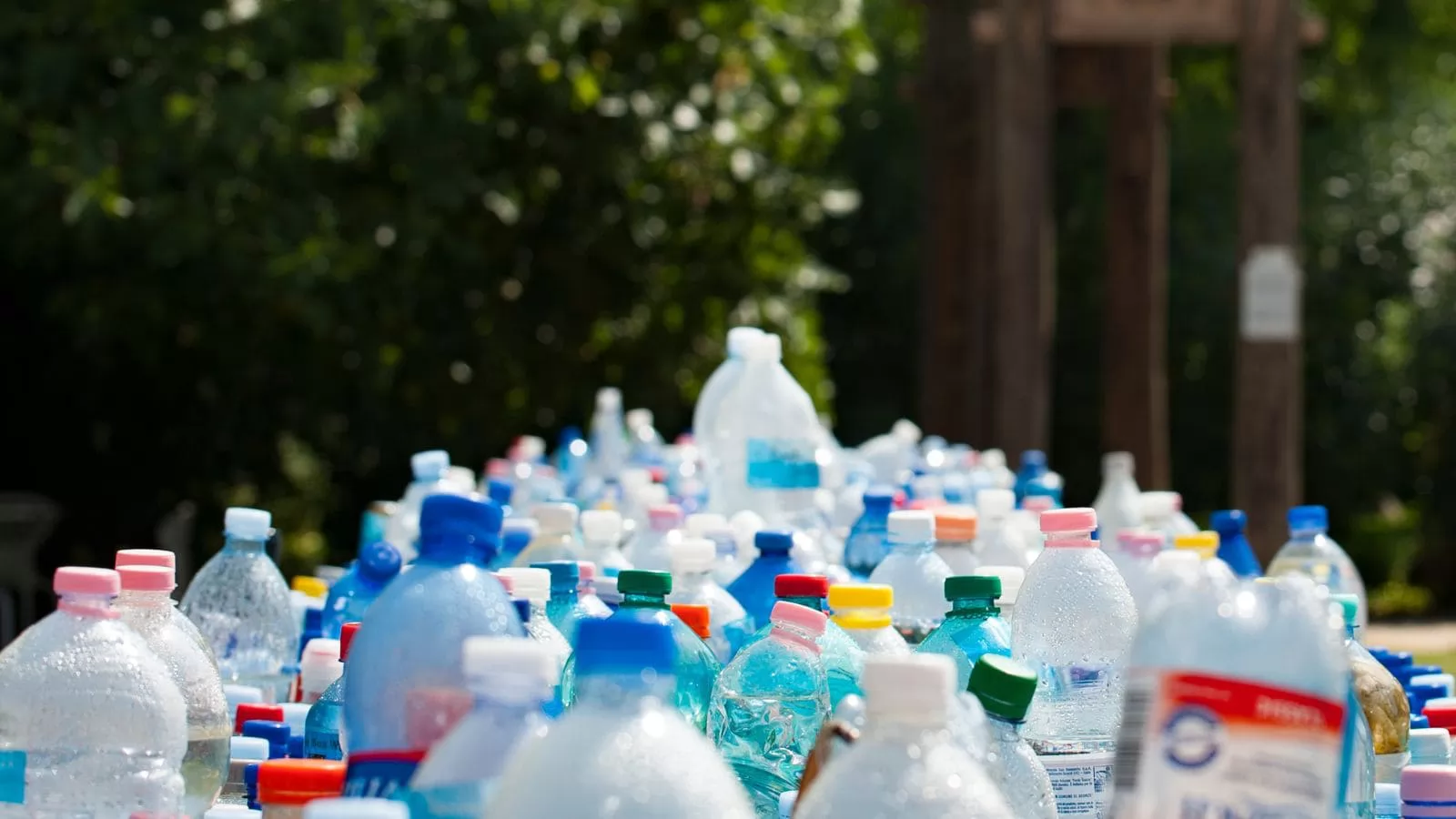
Why This Matters: Procurement isn’t just about sustainability — it’s about reliability, scalability, and technical fit. Can the supplier adapt to your formulation needs and grow with your demand?
What to Ask:
“Do you offer custom compounding? What is your production capacity and lead time?”
As a full-service integrated provider, we offer:
Our TcycleGP®, TcycleEP®, and TcycleSP® series are designed for drop-in replacement in existing manufacturing lines, minimizing retooling costs.
With strong R&D capabilities and a dedicated technical service team, we co-develop solutions tailored to your application — whether it’s high-strength PA66 for automotive connectors or natural nylon for textile spinning.
✅ Look for:
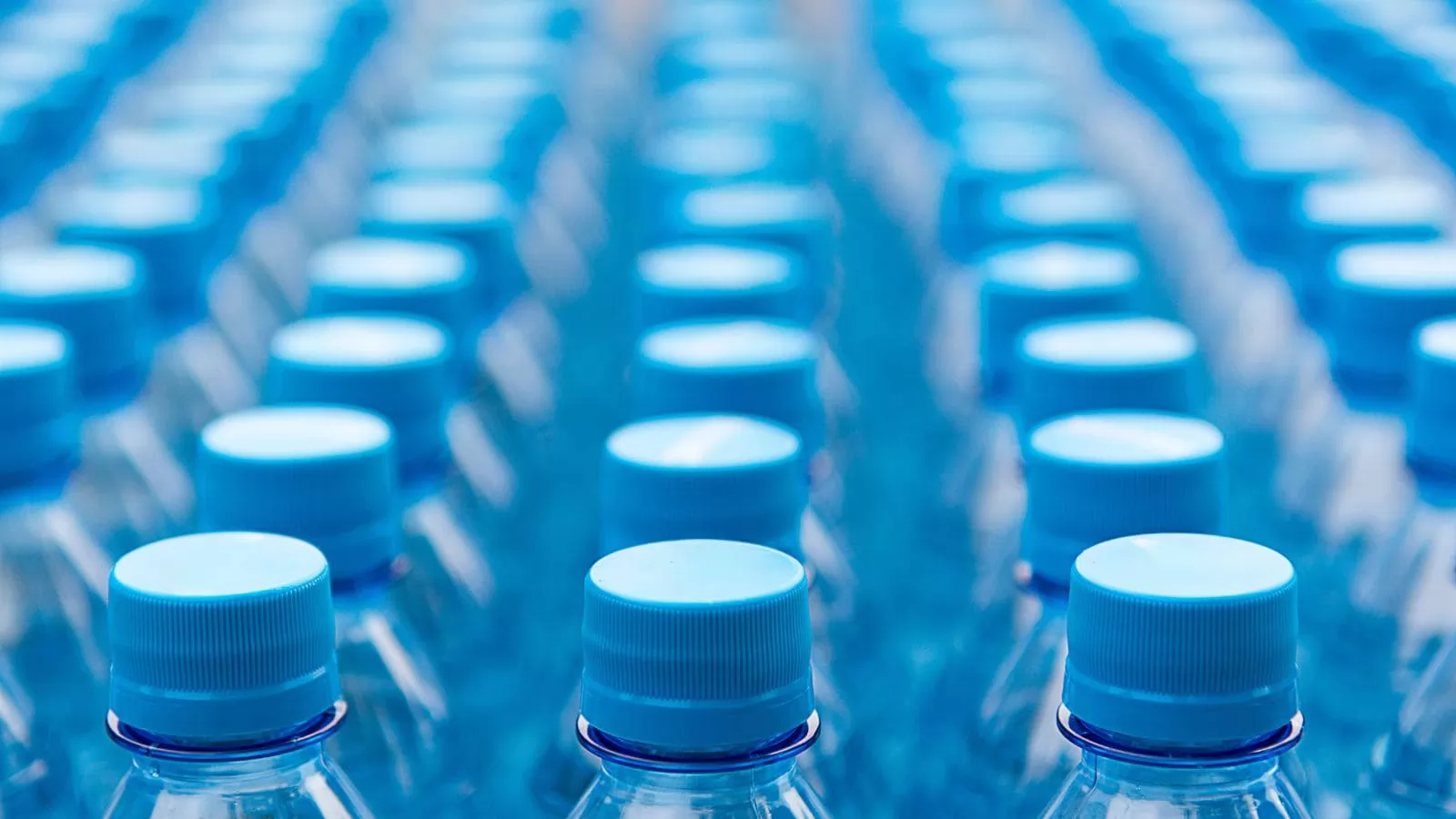
At Topcentral, we don’t just sell recycled materials — we deliver verified sustainability, technical excellence, and long-term partnership value.
Here’s why global brands trust us:
Featured Products:
Don’t let greenwashing or inconsistent quality slow down your sustainability goals.
Contact Topcentral today to request:
Discover this amazing content and share it with your network!
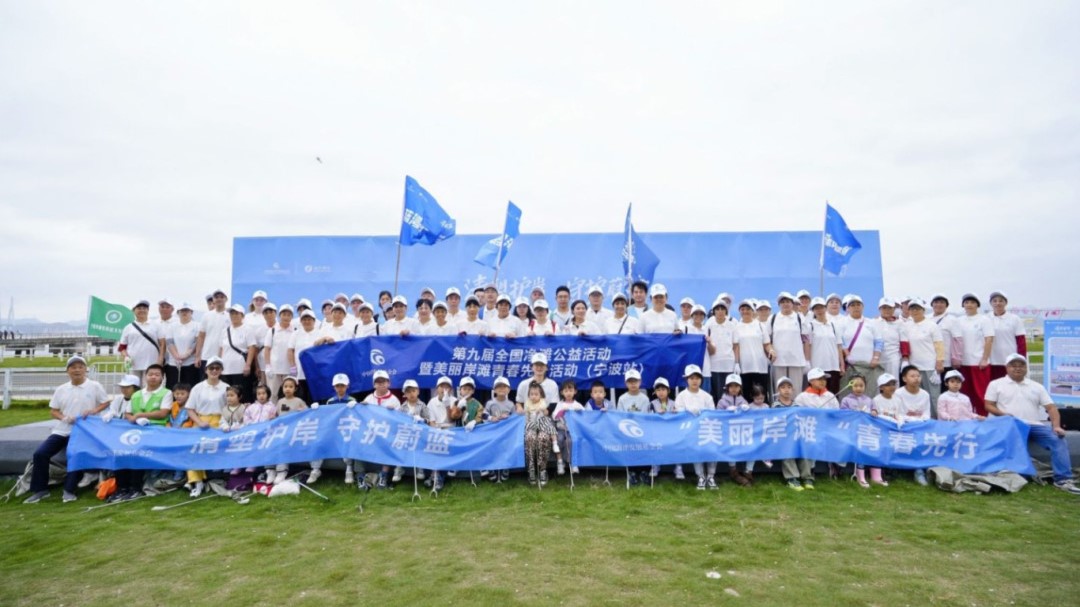
Discover the successful Ningbo session of the 9th National Coastal Cleanup Campaign. Families, youth, and eco-teams united to protect the ocean, advocate recycling, and promote sustainable coastal action.

Explore recycled AS pellets: transparent, BPA-free, high-performance sustainable plastic for consumer goods, packaging, electronics, and automotive applications.

Topcentral® joined China’s national delegation at K 2025 Düsseldorf to promote sustainable polymer innovation and global circular economy collaboration.

